Defining Assets: What Your Business Truly Owns

Let’s be honest. "Assets" sounds like one of those finance words that belongs in a dusty textbook. But here’s the truth: assets are everywhere. If you own a laptop, have a savings account, or even a solid reputation, that’s an asset.
In business or personal life, assets aren’t just things you own. They’re tools. They help you build, grow, and make better decisions.
Let’s walk through what assets really are, how they work, and how to manage them in a way that actually helps your bottom line.
What’s an Asset?
An asset is anything you own or control that has value and can help you in the future. That might mean making money, saving money, or holding value over time.
It could be something physical like a car or something less obvious like a patent. Assets aren’t limited to what you can touch. Your website domain, your business name, your customer data—those are assets too.
If it helps you earn, save, or grow your wealth, it counts as an asset.
Why Assets Matter More Than You Think
Think of assets as your financial toolbox. The more you have and the better you use them, the more options you’ll have when you need them.
For businesses, assets support cash flow, unlock funding, and keep operations going. For individuals, they help you save, plan ahead, and handle unexpected bills.
Tracking your assets gives you a clearer picture of your finances. You’ll:
- Know your true net worth
- Plan smarter for taxes and investments
- Get better loan terms
- Stay ready for both opportunities and emergencies
- Show lenders and investors that you’re financially solid
Assets matter because they offer stability in the now and possibility for the future.
The Core Types of Assets
Tangible Assets
These are the physical items you can touch and use. They are the ones most people think of first.
Examples: Buildings, machinery, office equipment, vehicles.
Tangible assets are often used in daily operations and can be sold or used as collateral. They show up on your balance sheet and get depreciated over time.
But here’s the catch. They wear out. They lose value. And they can be expensive to maintain.
That doesn’t mean they’re bad. In fact, tangible assets can provide serious support when it comes to cash flow and funding, especially in industries like construction, retail, or manufacturing.
Intangible Assets
Now we’re talking about things you can’t physically see or hold, but they still matter, maybe even more.
Examples: Brand names, copyrights, patents, trademarks, domain names, software, proprietary algorithms.
Intangible assets are often what gives a business its real edge. A strong brand or a patented product can be worth more than all your equipment combined.
Putting a price on them can be tough, but they’re often the real engine behind business growth. Tech companies are a great example. They might not own factories or fleets, but thanks to things like brand loyalty and software, they’re worth billions.
Liquid Assets
These are the flexible, fast-moving ones. You can access them quickly without much hassle.
Examples: Cash, checking and savings accounts, publicly traded stocks.
They’re perfect for emergencies or short-term goals. Every business and individual needs some liquid assets in the mix.
Having liquid assets gives you room to breathe. It means you can handle bills, surprise repairs, or investment opportunities without scrambling.
A healthy mix of all three, tangible, intangible, and liquid, gives you stability, flexibility, and growth potential.
Other Important Asset Categories
Fixed versus Current Assets
Fixed assets are long-term. Think buildings or heavy machinery. They support your business over time and aren’t expected to be sold quickly.
Current assets are more short-term. Think inventory, accounts receivable, and prepaid expenses. You expect to use or convert them into cash within a year.
You need both. One keeps the engine running. The other keeps things moving day to day.
Operating versus Non-Operating Assets
Operating assets are directly involved in your business. They help you sell, serve, or deliver your product.
Non-operating assets don’t support daily activities but still hold value. A rental property or an investment account could fall into this category.
Understanding the difference helps you measure efficiency and make smarter resource decisions.
Personal versus Business: Where Assets Fit
For Businesses
Assets keep the lights on. They let you scale. They help you survive and thrive.
A good asset strategy means:
- Easier access to loans and credit
- More accurate financial planning
- Better investor confidence
Asset management is more than bookkeeping. It’s about knowing what supports your revenue, what drains your cash, and what adds real value.
When you treat your assets like tools instead of trophies, your business becomes more agile, more profitable, and more sustainable.
For Personal Finance
Your net worth is your total assets minus your total liabilities. Assets form the foundation of your personal wealth.
They help with:
- Loan applications
- Saving for retirement
- Dealing with emergencies
- Planning for big purchases
Whether it’s your house, a retirement account, or a set of gold coins your grandfather left you, it all matters.
Depreciation and Appreciation: Assets Don’t Stay Still
Most assets change in value. Some increase. Others lose their shine.
Depreciation means the asset is losing value. Cars are a classic example. They start dropping in value the minute you drive them.
Appreciation is the opposite. Assets like property or rare art can go up in value over time.
Knowing which assets are likely to grow and which will shrink helps you decide what to hold onto, when to sell, and how to plan for taxes.
You don’t need to be a finance expert to understand this. Just watch how your stuff changes in value. You’ll start to see patterns and make better calls.
Tips for Managing Your Assets Like a Pro
1. Track Everything
Create a list of all your assets. Add their estimated values. Update it quarterly or yearly.
This gives you a better idea of where you stand and helps you make smarter moves.
2. Keep It Balanced
Don’t put all your resources in just one type of asset. Liquid assets are flexible. Tangibles are solid. Intangibles bring long-term power.
Balance helps you stay prepared without sacrificing future growth.
3. Use Assets to Unlock Loans
Banks like collateral. If you’ve got solid assets, you may be able to use them to access better financing terms.
This is especially useful for startups or businesses with inconsistent income.
4. Don’t Forget Legal Protection
Your intellectual property, brand, and digital content need to be protected.
Register your trademarks. Document your code. Keep contracts tight. These assets might be invisible, but they are often your most valuable.
5. Schedule Regular Reviews
Every six to twelve months, review your assets. Check if anything has changed in value, become obsolete, or needs attention.
This helps you spot risks, identify opportunities, and make timely decisions.
6. Learn to Value Your Intangibles
If you run a brand, build an app, or create content, you have intangible assets. Learn how to measure their worth—whether through licensing deals, royalties, or audience data.
That awareness can open new revenue streams or investor interest.
7. Separate Personal and Business Assets
It sounds obvious, but many small business owners blur the line. Keep things separate to make tax filing easier and legal protection stronger.
Use separate bank accounts, accounting systems, and asset lists.
Asset-Light Strategy: Less Stuff, More Growth
Some businesses thrive with fewer assets. They rent, lease, or partner instead of owning.
This approach reduces overhead and increases flexibility.
It’s especially useful in:
- E-commerce
- SaaS businesses
- Hospitality
- Delivery services
Questions to ask:
- Do we really need to own this?
- Can we achieve the same results with a partner or lease?
- Does owning it help us grow faster?
The asset-light model is not for everyone. But if speed and agility matter more than control and ownership, it could be the move that unlocks your next level.
Final Thoughts
Assets are the core of everything you build financially. Whether you are a solo freelancer, a growing business, or someone managing personal savings, your assets show where you are and where you could go.
When you understand what you have and how to use it, you’re better prepared to grow. You’ll also avoid the stress that comes from poor financial decisions.
At Alpha Pro Partners, we help businesses across the UAE make sense of their assets, set up better systems, and build strategies that actually work. If your asset list is messy or outdated, we’re ready to help you fix that.
FAQ: Understanding Assets
1. What counts as an asset?
Anything valuable you own or control that can help you financially.
2. Are assets just for big businesses?
Not at all. Everyone has assets. That includes your savings, your laptop, or your brand.
3. Do assets lose value?
Some do, like vehicles. Others grow in value, like property or art.
4. What is a liquid asset?
Cash or anything you can quickly turn into cash. Think savings accounts or publicly traded stocks.
5. Can I get a loan using my assets?
Yes. You can borrow against equipment, property, or even accounts receivable.
6. What’s an intangible asset?
Something you can’t physically touch, like a trademark or your business’s online presence.
7. How do I keep track of my assets?
Use a spreadsheet or accounting software. Update values regularly.
8. Are employees considered assets?
Technically no, but they bring value to your business and should be treated as such.
9. What’s an asset-light model?
It’s a setup where businesses rent or outsource instead of owning everything.
10. Can Alpha Pro Partners help?
Yes. We help you track, manage, and make better use of your assets while staying compliant with UAE laws.

.webp)


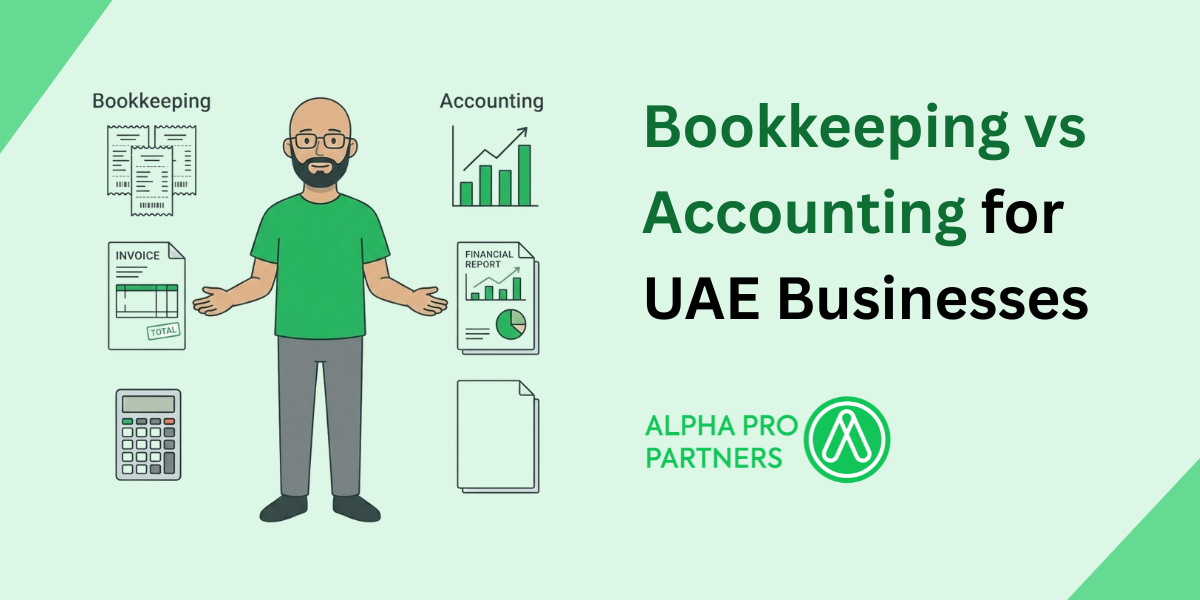
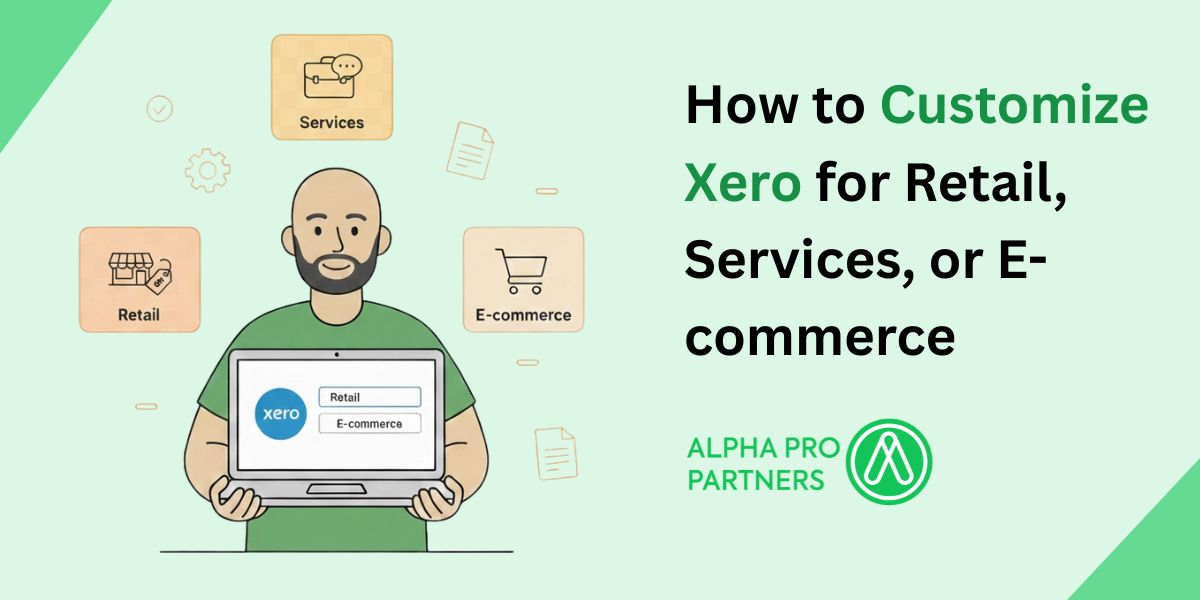

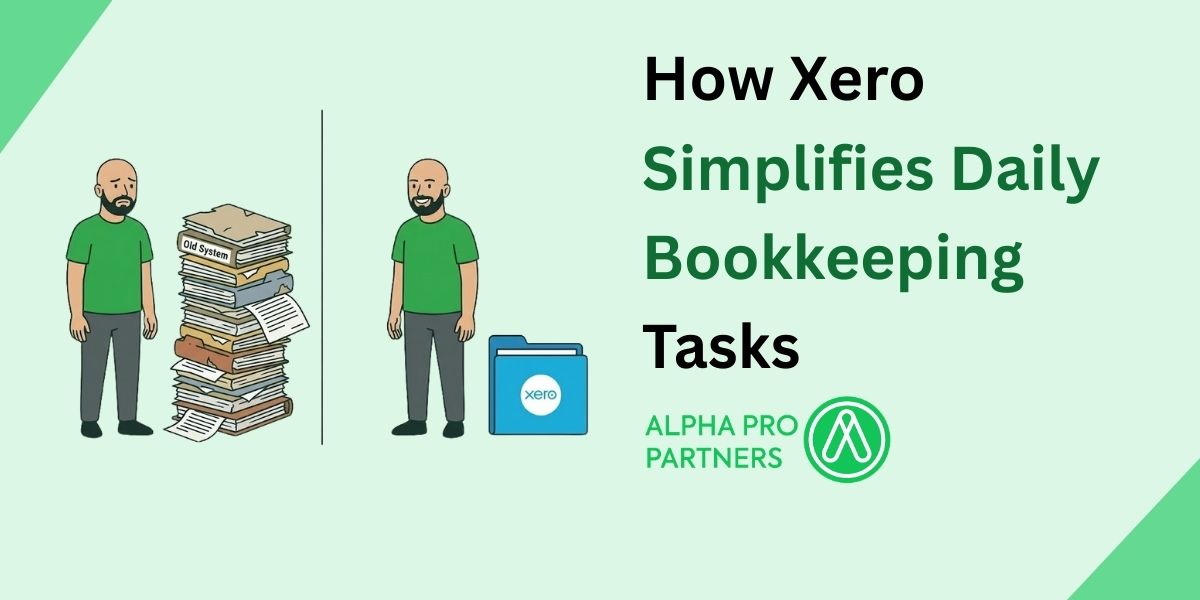
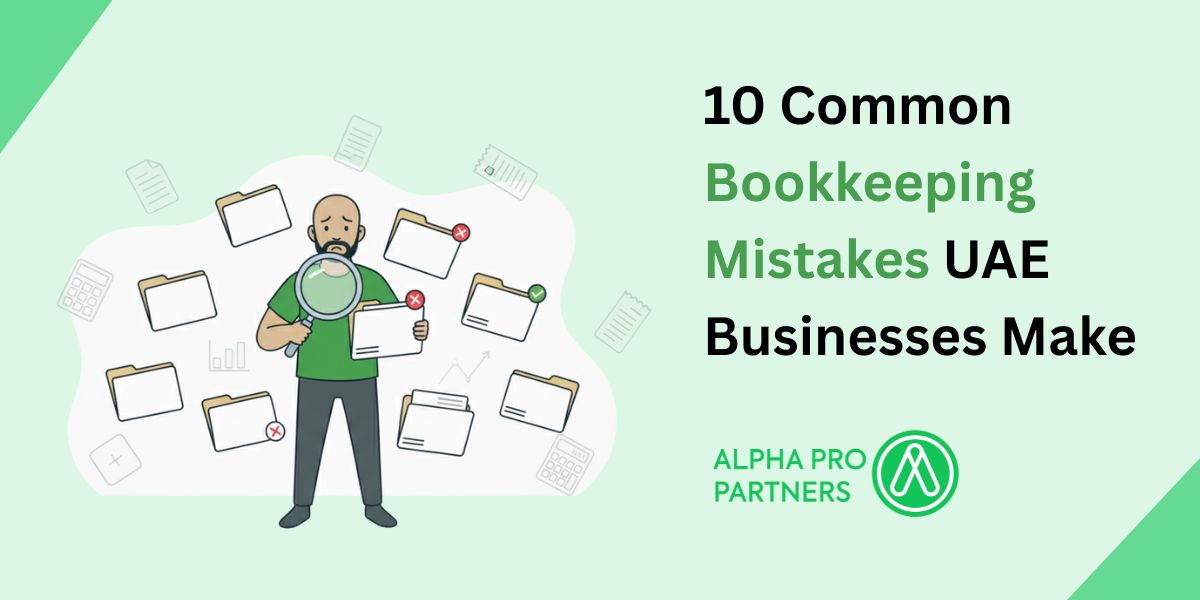
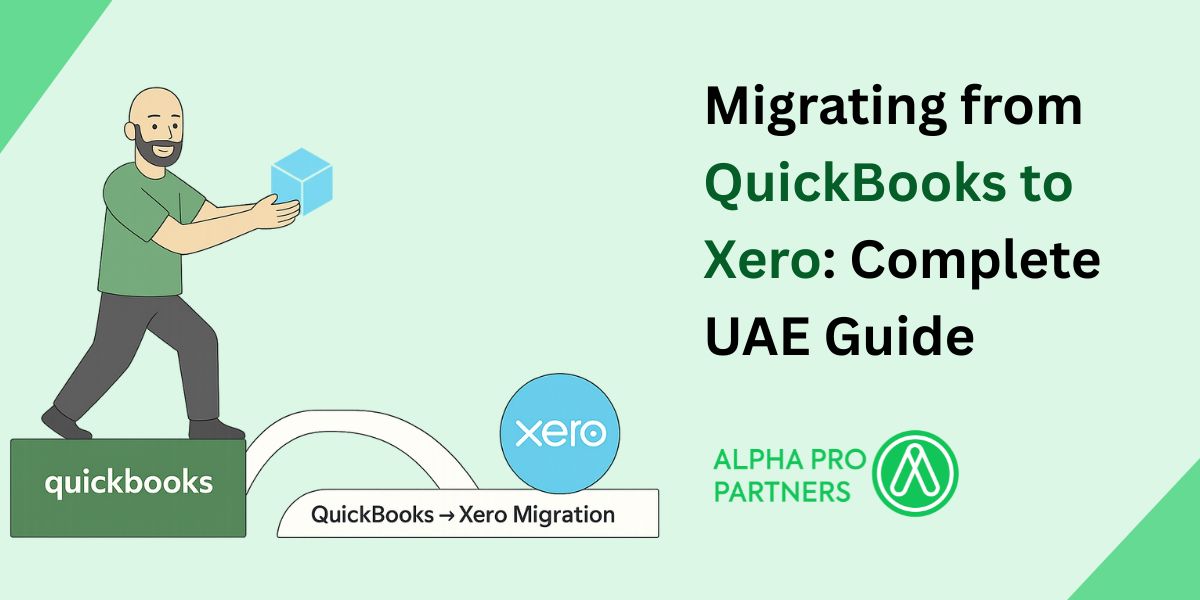








.webp)
.webp)


.png)
.png)
.png)
.png)
.png)

.png)
.png)



.png)
.png)





.jpg)


.jpg)





.png)
.png)






.png)


